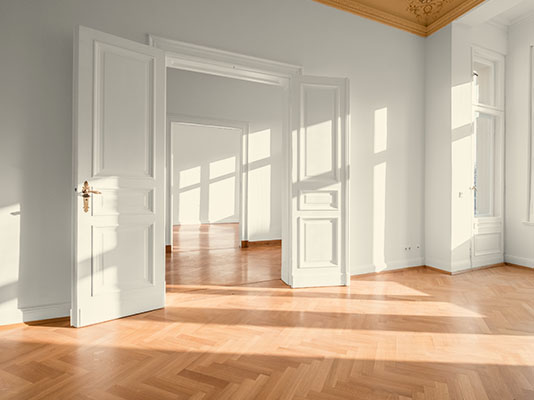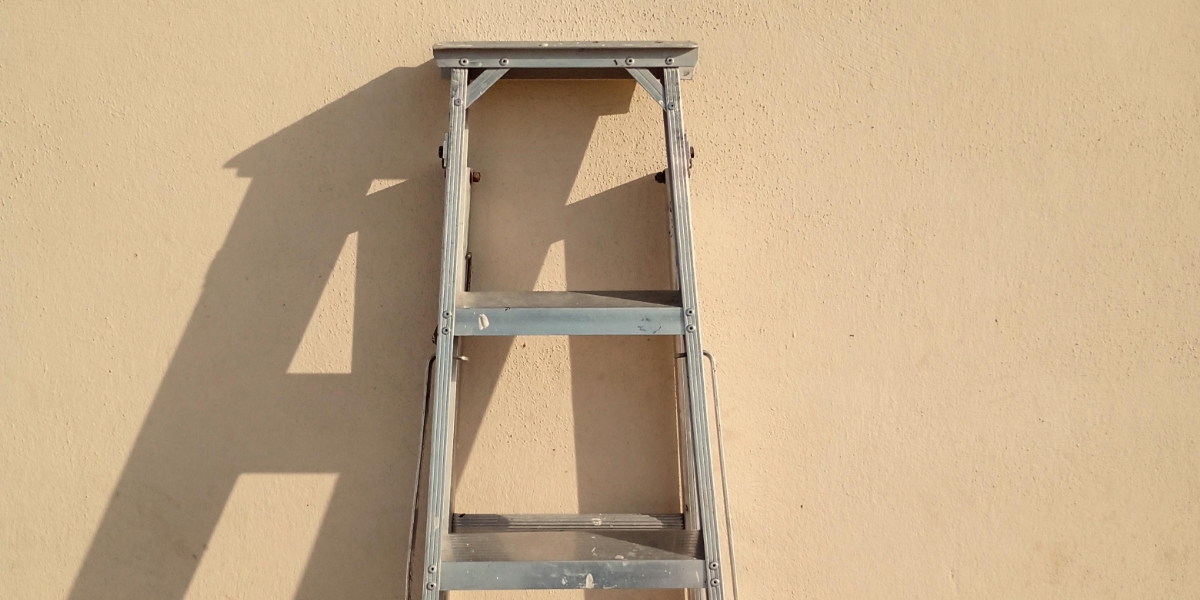Interested in buying your first house? The Home Buyers’ Plan (HBP) lets you use your RRSP, tax-free, to do so. But how does it work and what are the conditions? Find out what it's all about below.
How much does it cost to own a home?
Whether it’s a bungalow, a condo or a duplex, owning a home is a huge accomplishment. But it’s also a big financial responsibility.

Home ownership can bring a tremendous sense of pride and achievement. But it’s also a big financial responsibility. So before you buy, you should do a few calculations.
How much does owning a home really cost? Here are the key factors you need to consider.
Initial costs
When you buy a house, your down payment is not the only initial expense. To avoid unpleasant surprises, consider the up-front expenses you’ll have to pay: These include:
- Appraisal fee. Your mortgage lender will appraise the property you’re buying to verify its market value. This fee varies from $200 to $300, depending on the appraiser and the financial institution.
- Home inspection fee. Before finalizing your offer, you'll want to have an inspection performed by a professional home inspector. This will help identify any potential problems (electrical, plumbing, roof) and areas needing attention. And it will confirm the overall condition and value of the home. The fee for this service can vary from $300 (condo) to $800 (house).
- Real estate commissions. These apply only if you buy your house through a real estate agent. You can expect to pay from 3% to 6% of the sale price. That’s the real estate agent’s income.
- Legal fees. It’s not mandatory to hire a lawyer to complete a real estate transaction. But it’s highly recommended, for you own protection. In Quebec, however, a real estate transaction must be signed by a notary. The fee – between $900 and $3,000 – is paid by the buyer.
- Moving costs. If you rent a moving van, you’re looking at $300.00. If you hire a moving company, you’ll pay from $50 to $250 per hour.
- Land transfer tax. This is paid to the provincial (and sometimes municipal) government by the buyer. You’ll receive the statement usually three to six months after the purchase is finalized. The amount varies from province to province. It’s usually a percentage of your property’s value, anywhere from 0.5% to 3%.
- Sales tax. This only applies to new homes. The new homeowner pays provincial sales tax and HST according to the percentages in effect in their province.
- Other homeowner expenses. Paint, curtains, fences, lighting... The list goes on, but make sure you prioritize.
Ongoing expenses homeowners need to know
There are ongoing financial obligations you need to consider, such as:
- Mortgage payments. This is typically your biggest expense. You can choose to pay monthly, every two weeks or even weekly.
- Property taxes. Your municipality sets your property tax every year, which you pay periodically throughout the year.
- Utilities. These include heating, electricity, water, telephone, internet and cable. Costs vary depending on the service, area of the country and the provider.
- Home insurance. You need to make sure you have enough coverage for fire and theft. You will also need liability coverage. For peace of mind.
- Mortgage protection insurance.. You can also take out mortgage insurance to protect your investment. In Quebec, CMHC insurance is mandatory if your down payment is less than 20% of your property’s value. The cost varies between 0.5% and 2.9% of the loan amount. You can pay it along with your mortgage payment. You will also have to pay 9.9% of the loan up front.
- Condominium fees. These only apply to condominium units or townhouses. Other costs may be included in condo fees, such as utilities or maintenance. But they vary from one building to the next, so make sure you know what your fees include.
- General maintenance. When you’re a homeowner, you have to cover the cost of general maintenance, snow removal and lawn care. Proper maintenance will help preserve and even add to your property’s market value.
Besides your mortgage, up-front and ongoing expenses will cost another 2% to 3% of your home’s value. Carefully assessing all of these expenses can help you create a financial plan that will protect your investment for years to come.
As a general rule, you can afford to spend 25% of your gross income on housing. But to avoid becoming house poor, it’s better to base it on your net income instead. That will give you more “wiggle room” for unforeseen events.
The real estate market
The Canadian real estate market has surged upward since the pandemic began in 2020. But overheating, overbidding and overvaluation never last long.
The real estate slowdown since the spring of 2022 is due in large part to inflation and interest rate hikes. The interest rate that the Bank of Canada sets has a direct impact on mortgage rates. The rate has shot up from 0.25% to 3.25% since the beginning of 2022.
A one percent increase might not look like much. But it adds up to a lot of money over the long term. And consumers’ purchasing power drops as rates rise.
Variable or fixed-rate mortgage?
In a volatile market like we’re seeing now, it’s harder to decide between a fixed or variable-rate mortgage. Variable-rate mortgages are often a better deal in the long run. But you need a good financial cushion to handle the fluctuations.
So your decision will depend on:
- your job stability;
- your value in the labour market;
- your emergency funds.
Don’t forget that a variable-rate mortgage can be easily converted to a fixed-rate mortgage, but not the other way around.
Although it’s still a seller’s market and listings have fallen, buyers shouldn’t be discouraged. All you need is a good plan to make sure you avoid financial headaches down the road.
Read more:
- HBP: How to use your RRSP to buy a house
- Do you need life insurance to buy a house in Canada?
- Financial advice for Millennials: here’s how an advisor can help
This article is meant to provide general information only. Sun Life Assurance Company of Canada does not provide legal, accounting, taxation or other professional advice. Please seek advice from a qualified professional, including a thorough examination of your specific legal, accounting and tax situation.


